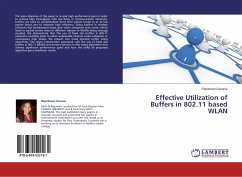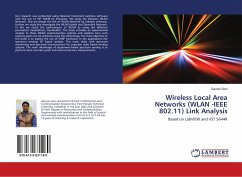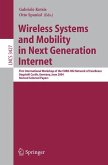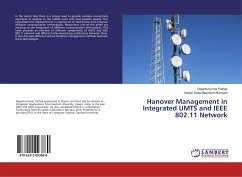The main objective of this paper is to give high performance gain in order to achieve high throughput with less delay. In communication networks, buffers are used to accommodate short term packet bursts so as to less packet drops and to maintain high efficiency. Sizing buffers in wireless networks has fundamental issues arise when compared with wired, which leads to packet service times at different stations in WLANs being strongly coupled. We demonstrate that The use of fixed size buffers in 802.11 networks inevitably leads to either undesirable channel under-utilization or unnecessary high delays. We present two novel dynamic buffer sizing algorithms. The major presentation associated with the use of fixed size buffers in 802.11 WLANs and present dynamic buffer sizing algorithms that achieve significant performance gains and how the utility of proposed algorithm gives simulation results.








